Despite normalization, Israel pressing US not to sell UAE F-35 jets
Israel has kept up the pressure on the United States not to provide the United Arabs of Emirates (UAE) with F-35 stealth fighter jets despite a recent normalization deal reached between Tel Aviv and Abu Dhabi.
Two unnamed Israeli officials, familiar with the moves to establish diplomatic relations with the UAE, told Haaretz on Monday that Tel Aviv had pressured Washington to block the sale of the advanced fighter planes fearing that Prime Minister Benjamin Netanyahu and his confidants may have made a secret agreement without consulting military officials.
Since the announcement of the normalization pact last week, several sources, who had been previously involved in contacts between the two sides, raised concerns that as part of the new understandings, Netanyahu may have abandoned Israel’s traditionally vehement opposition to the sale of sensitive military equipment and technology to the UAE, particularly F-35 fighter jets.
According to the report, during the secret talks led by Netanyahu and Netanyahu confidants Mossad head Yossi Cohen, Israeli Ambassador to the United States Ron Dermer and National Security Adviser Meir Ben Shabbat, there may have been a secret agreement made on this issue without informing Israel’s top military officials, who were excluded until now from the talks.
The Israeli sources said that the Persian Gulf Arab states, including the UAE, had pressed Israel numerous times to lift its objections so that such deals could go through.
They said that the normalization agreements would not change Israel’s long-standing objection to the sale of American F-35 fighter jets to Abu Dhabi.
Under understandings dating back decades, Washington has refrained from Middle East arms sales that could blunt Israel’s “qualitative military edge” (QME). This has applied to the F-35, denied to Arab states, while Israel has bought and deployed it.
Reports say that the driving factor for the UAE to sign the agreement with Israel has been a US weapons deal to the tune of tens of billions of dollars, including supplying F-35 jets, advanced UAVs and other arms.
A day after the normalization deal, Amos Yadlin, a former general in the Israeli air force and the ex-head of the Israeli military tweeted, "It is important to remember that Abu Dhabi seeks to acquire very sophisticated weapons from the United States."
In an interview with Israel’s Kan Bet public radio on Sunday, Yadlin said, “We know they are asking for very sophisticated weapons from the Americans and the Israelis, and what’s stopping this is that there is no peace treaty between the countries and the Israeli qualitative edge. And it could be, and that’s what I was warning about in my tweet".
In a statement on Tuesday, Netanyahu's Office said that Israel has not softened its opposition to any US arms sales to the UAE that could diminish its military superiority as part of the US-brokered normalization pact.
“In the talks (on the UAE normalization deal), Israel did not change its consistent positions against the sale to any country in the Middle East of weapons and defense technologies that could tip the (military) balance,” Netanyahu’s office said.
The statement followed a report in Israel’s Yedioth Ahronoth newspaper that the Trump administration planned a “giant” sale of advanced F-35 jets to Abu Dhabi as part of the Persian Gulf country’s move last week to normalize ties with Israel.
The Trump administration has signaled that the UAE could clinch unspecified new US arms sales after last Thursday’s normalization announcement.
Under pressure from Israel and the Israeli lobby in Washington, the US Congress had earlier blocked a plan for such a sale.
The US has sold the warplanes to a range of allies, including South Korea, Japan, and Israel, but experts say sales to the Persian Gulf Arab states require a deeper review due to US policy for Israel to maintain a qualitative military edge in the Middle East.
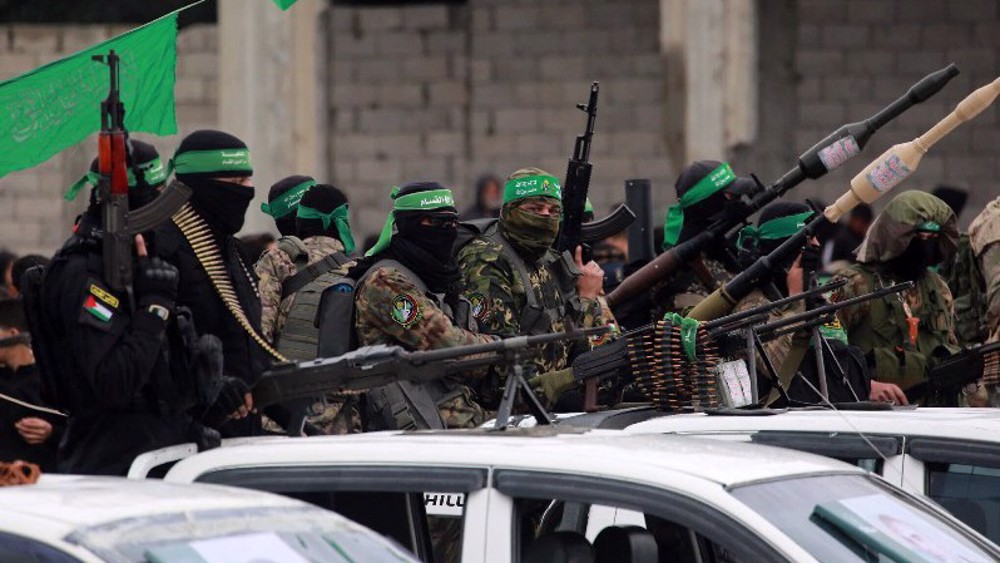
Hamas: No partial truce, only comprehensive deal acceptable
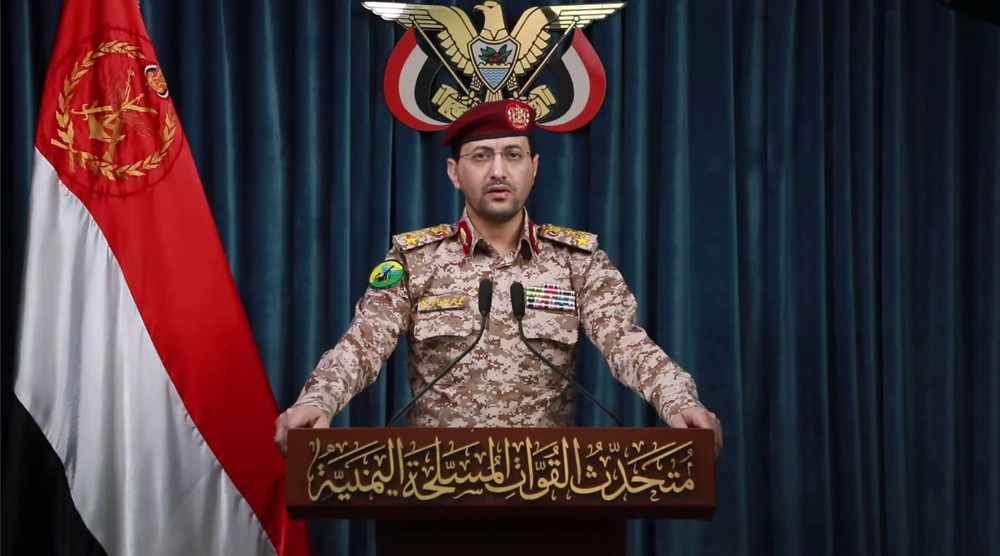
Yemeni forces target Israeli Nevatim Airbase in retaliatory missile strike
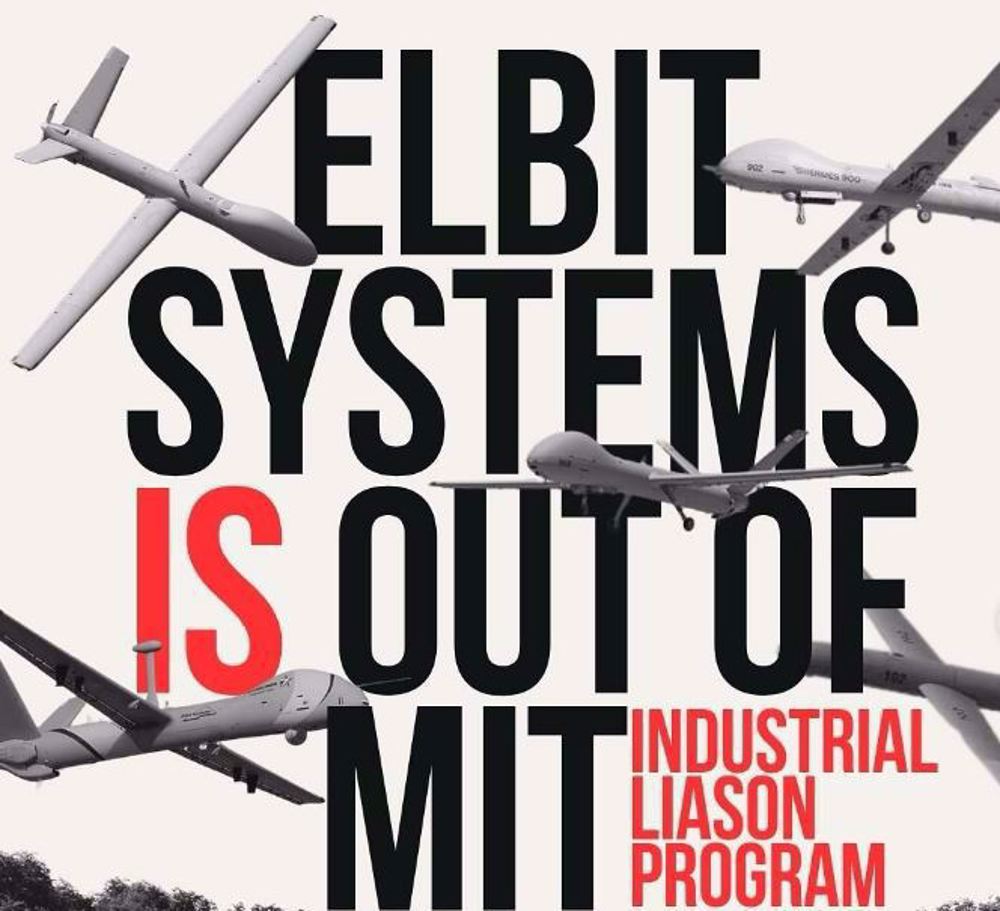
MIT forced to cut ties with Israeli weapons maker Elbit Systems
Iran, US conclude third round of indirect talks in Oman
The case of Raffi Berg and BBC: Zionist infiltration of the mainstream media
No talks on tariffs between China, US: Chinese Foreign Ministry
Hamas: No partial truce, only comprehensive deal acceptable
Yemeni forces target Israeli Nevatim Airbase in retaliatory missile strike
Pakistan carried out US ‘dirty work’ for 30 years: Defense minister
VIDEO | Huge explosion rocks Shahid Rajaee port in southern Iran; over 500 injured
Pakistan says ready to ‘defend sovereignty’ amid rising tensions with India


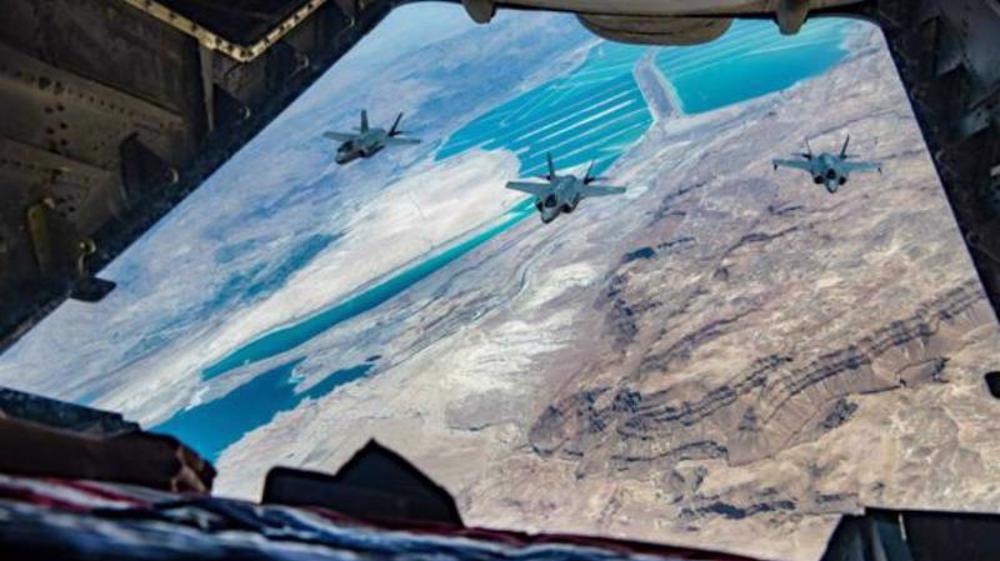





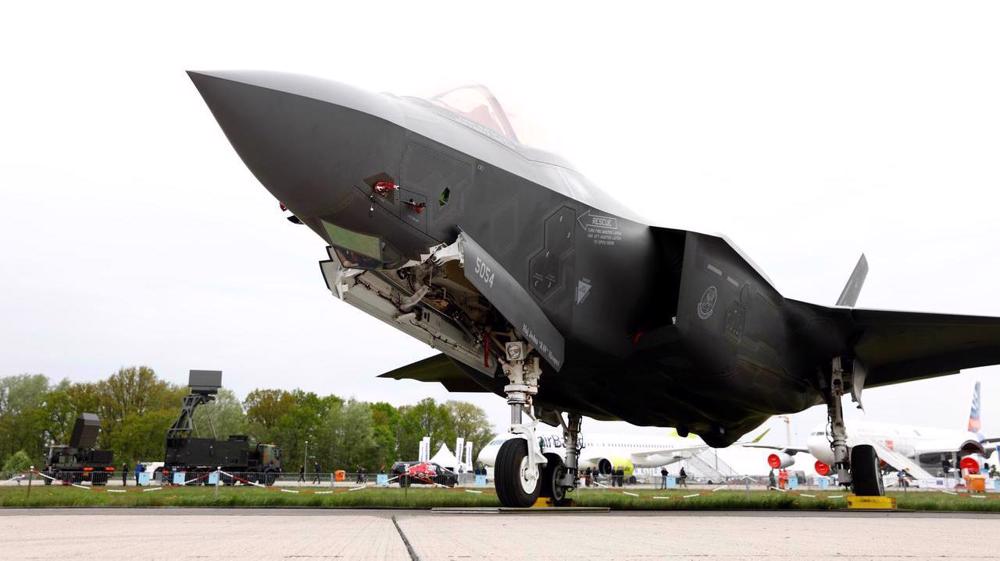




 This makes it easy to access the Press TV website
This makes it easy to access the Press TV website